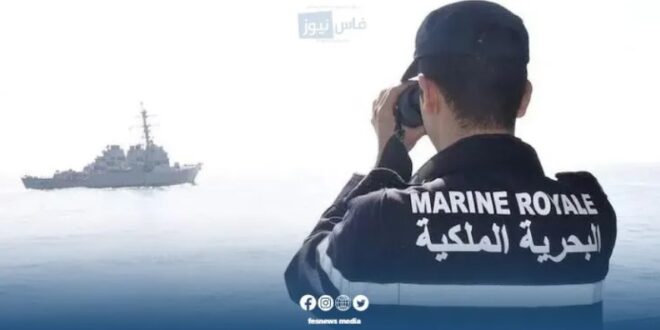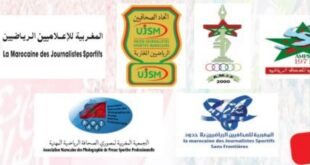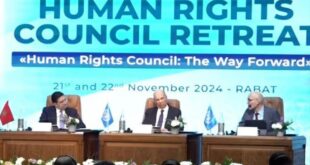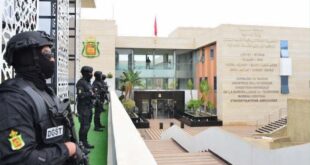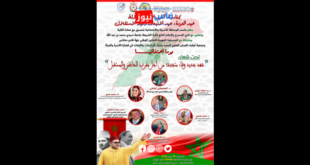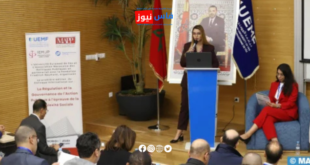In a maritime rescue operation, two units of the Moroccan Royal Navy intercepted a wooden boat on Sunday, approximately 16 kilometers southwest of the city of Dakhla. The vessel was carrying 68 individuals attempting irregular migration, all from sub-Saharan African countries, including two deceased persons.
According to a statement issued by the General Staff of the Royal Armed Forces, the rescued individuals had departed from the coast on August 5th, intending to reach the Canary Islands. The survivors were transported to the port of Dakhla, where they received necessary medical care before being handed over to the Royal Gendarmerie for standard administrative procedures.
The statement added that civil protection elements transferred the bodies of the deceased to the morgue of Hassan II Hospital in Dakhla.
This incident once again highlights the ongoing risks associated with irregular maritime migration and the continuous efforts made by Moroccan authorities in border surveillance and life-saving operations at sea. It also raises questions about the circumstances that drive these individuals to risk their lives on such perilous journeys.
It is worth noting that Morocco faces increasing challenges in the field of migration, as it is considered a major transit point for migrants from sub-Saharan Africa seeking to reach Europe. This incident underscores the importance of strengthening regional and international cooperation to address the root causes of irregular migration and ensure a more humane and effective management of migration flows.
The rescue operation demonstrates Morocco’s commitment to its humanitarian responsibilities and border security. It also highlights the complex nature of migration issues in the region, balancing the need for border control with the imperative to save lives and treat migrants with dignity.
As Morocco continues to grapple with these challenges, there are ongoing discussions about developing more comprehensive approaches to migration management, including enhanced cooperation with countries of origin and destination, as well as international organizations working on migration issues.
 فاس نيوز ميديا جريدة الكترونية جهوية تعنى بشؤون و أخبار جهة فاس مكناس – متجددة على مدار الساعة
فاس نيوز ميديا جريدة الكترونية جهوية تعنى بشؤون و أخبار جهة فاس مكناس – متجددة على مدار الساعة

